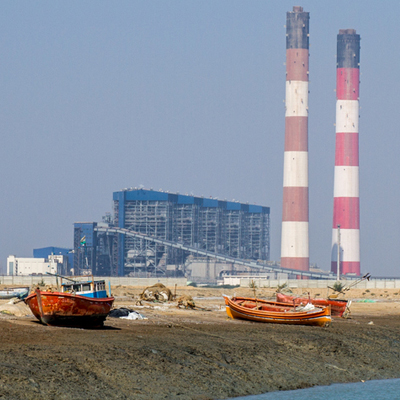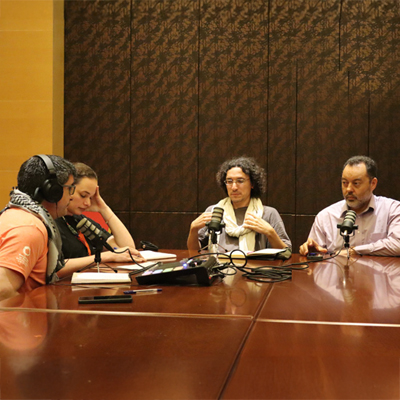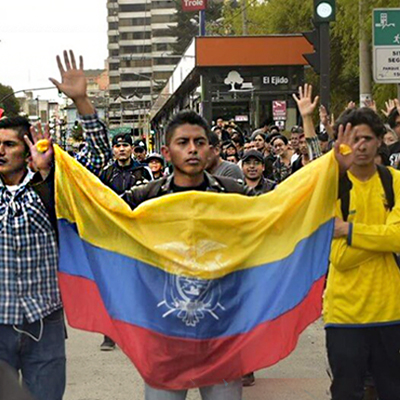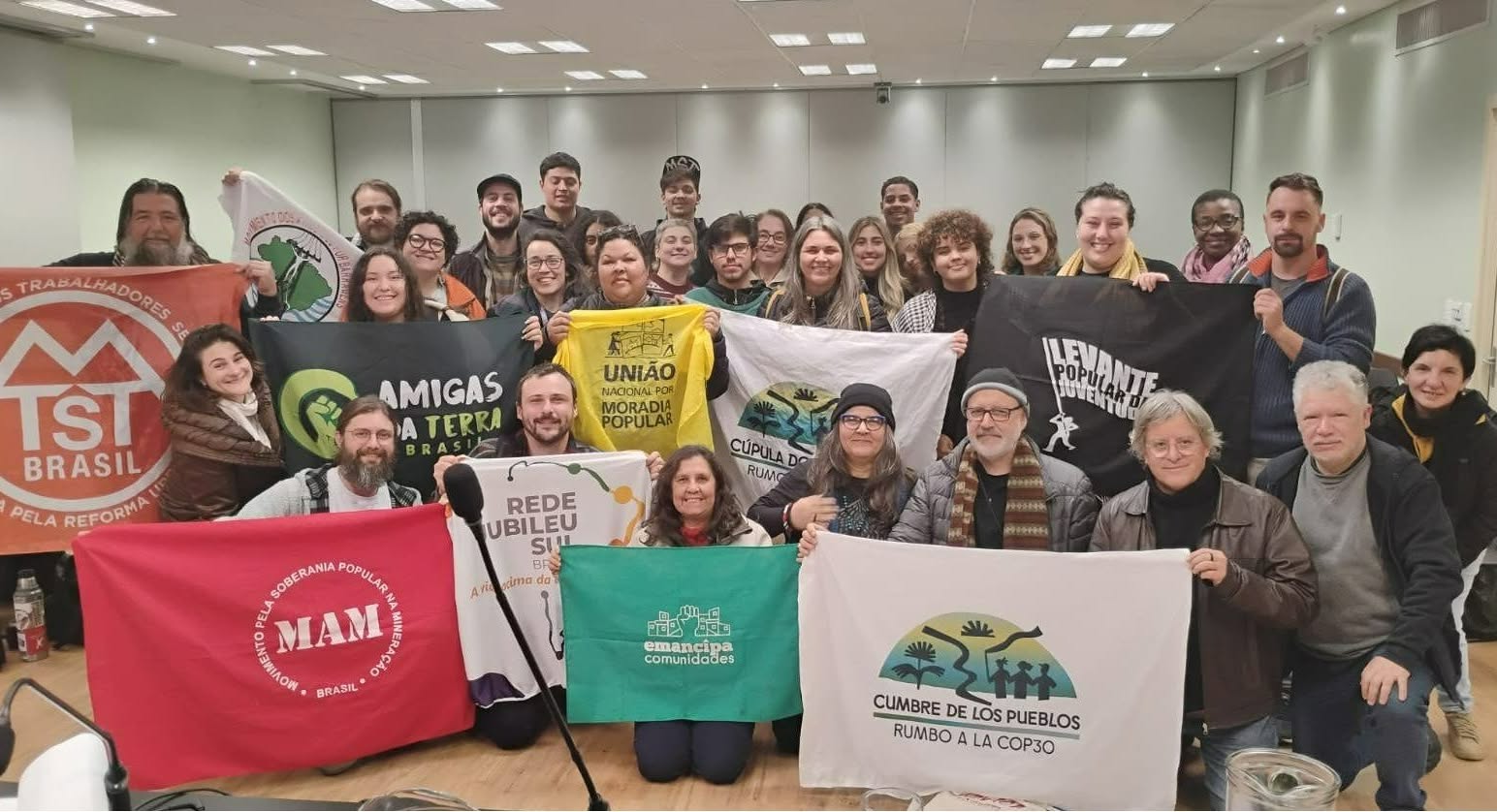IPCC report leaves no doubt about climate change
Interview with dipti bhatnagar, Climate Justice Programme Co-coordinator at Friends of the Earth International.
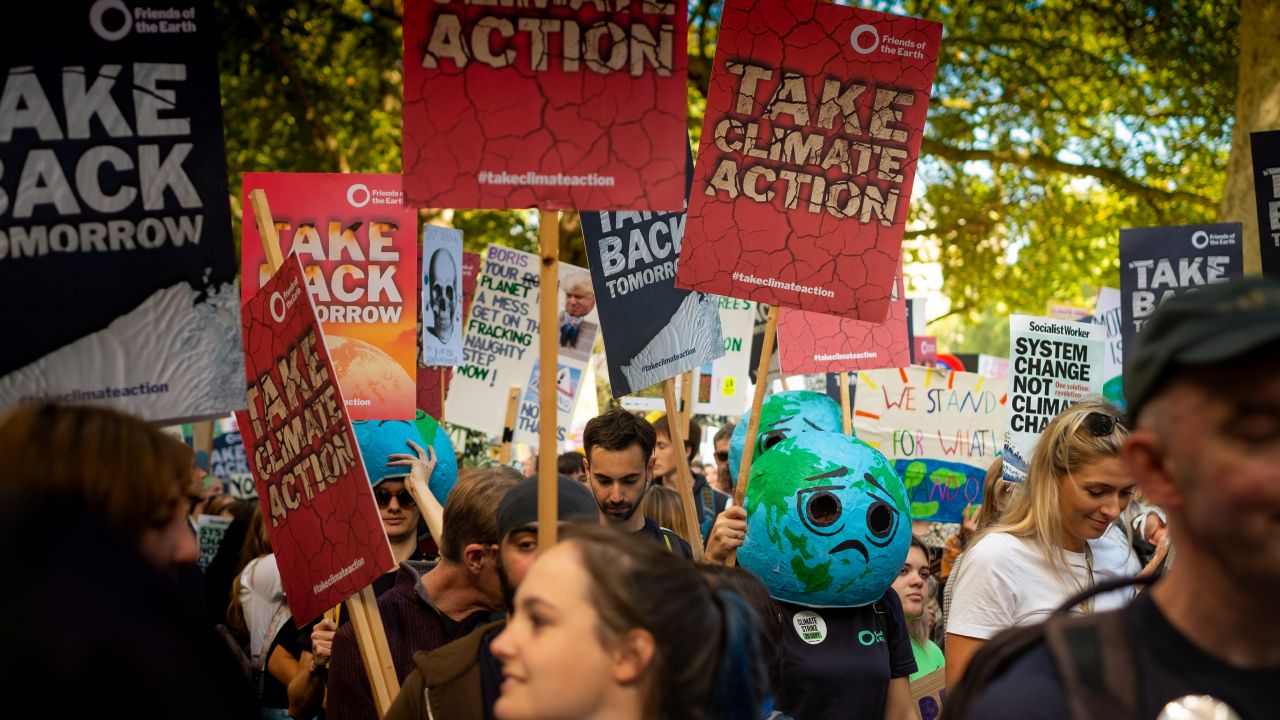
The Intergovernmental Panel on Climate Change (IPCC) released, on 9 August 2021, the first part of its Sixth Assessment Report: “Climate Change 2021: The Physical Science Basis”. The rest of the report will be released over the next few months.
“Many of the changes observed in the climate are unprecedented in thousands, if not hundreds of thousands of years, and some of the changes already set in motion—such as continued sea level rise—are irreversible over hundreds to thousands of years,” warned the experts.
Since 1970, global surface temperatures have risen faster than in any other 50-year period in the past 2,000 years. According to these estimates, “unless there are immediate, rapid and large-scale reductions in greenhouse gas emissions, limiting warming to close to 1.5°C or even 2°C will be beyond reach.” “Climate change is already affecting every region on Earth, in multiple ways. The changes we experience will increase with additional warming,” said Panmao Zhai, Co-Chair of the IPCC Working Group I.
In an interview with Real World Radio, dipti bhatnagar, Programme Coordinator for Climate Justice and Energy at Friends of the Earth International (FoEI), said that “the report confirms a lot of the climate science that we already knew: we need very urgent, immediate, rapid, large scale reductions in greenhouse gas emissions if we have any chance to keep warming under 1.5 degrees C temperature rise.”
But dipti believes this is not just about the number “1.5”. People are already seeing the impacts of climate change all around us.
“We are seeing an increase in droughts and floods, we are seeing an increase in wild fires and peoples lives being turned completely upside down. This is happening at the current temperature rise of 1.1 degrees, so when we say 1.5, that is the absolute limit. No temperature rise is justifiable, but if we go above 1.5 degrees global temperature rise it is going to be very catastrophic to some of the poorest and the most vulnerable people in the world. That, from our perspective, is completely unjust. So, we need to demand climate justice, which means we need to stop the temperature rise to be able to stop the climate crisis.”
This is not just a matter of temperature. “Climate change is bringing multiple different changes in different regions – which will all increase with further warming,” states the IPCC. In particular, they make reference to changes to wetness and dryness, to winds, snow and ice, coastal areas and oceans. For example, climate change is affecting rainfall patterns. In high latitudes, precipitation is likely to increase, while it is projected to decrease over large parts of the subtropics; coastal areas will see continued sea level rise throughout the 21st century, contributing to more frequent and severe coastal flooding in low-lying areas and coastal erosion. Further warming will amplify permafrost thawing, and the melting of glaciers and ice sheets. For cities, some aspects of climate change may be amplified, including heat, flooding from heavy precipitation events and sea level rise in coastal cities.
“Strong and sustained reductions in emissions of carbon dioxide (CO2) and other greenhouse gases would limit climate change,” states the report, which has been approved by 195 member governments of the IPCC. While benefits for air quality would come quickly, the report warns that “it could take 20-30 years to see global temperatures stabilise.”
The IPCC report is also clear about the human influence that has driven all of these impacts, as well as the global retreat of glaciers and sea level rise that have already occurred.
“The way that climate change has intensified the water cycle, bringing more intense rainfall in some regions and more intense droughts to others, the change in rainfall patterns… all of this affects people on the ground, who are growing their own food, who are taking care of themselves. The injustice of this is really insurmountable,” added dipti. That’s why Friends of the Earth has “always said that the climate crisis is so inherently unjust, because it impacts those that didn’t create the crisis. It impacts them the most and leaves them with the least amount of resources to be able to deal with the crisis. So, that’s why we call for an end to dirty energy and to fossil fuel consumption, production and burning, because that is the one big thing that is going to reduce carbon emissions.”
Friends of the Earth exposes the countries that continue to extract fossil fuels and the corporations that are financing the destruction of the planet.
“At the same time, we need to be really careful of the so-called ‘false solutions’. They appear to be solutions, but they are completely false and they create and deepen other crises. We are seeing an increase in ‘net zero’. We are seeing many countries and corporations talking about their net zero pledges. What they are really trying to do is find an excuse to continue polluting. They say ‘don’t worry, we will sequester the carbon out of the air’ – but whose lands, whose forests are they going to sequester this carbon in? It is going to be our communities in the Global South. They are coming for our lands and forests and this is why we really need to oppose this net zero and we need to call for real zero.”
What does real zero mean?
“We need to be able to stop the fossil fuel expansion,” bhatnagar explained. “We need to have a just and feminist transition with the principles of energy democracy and energy sovereignty, considering energy not as a commodity but as a human right for all.”
She added that “we need to demand public services, and to demand that care work is recognised, which means a reorganisation of our economy. We need to demand binding rules for corporations, rights for peoples and rules for transnational corporations. These are the things that we call ‘real zero’. The IPCC report has given us a good opportunity to remind ourselves that there is no doubt about climate change, and that we really need to push at this time to stop dirty energy and fossil fuels. We need to stop all the false solutions and push for system change instead.”



